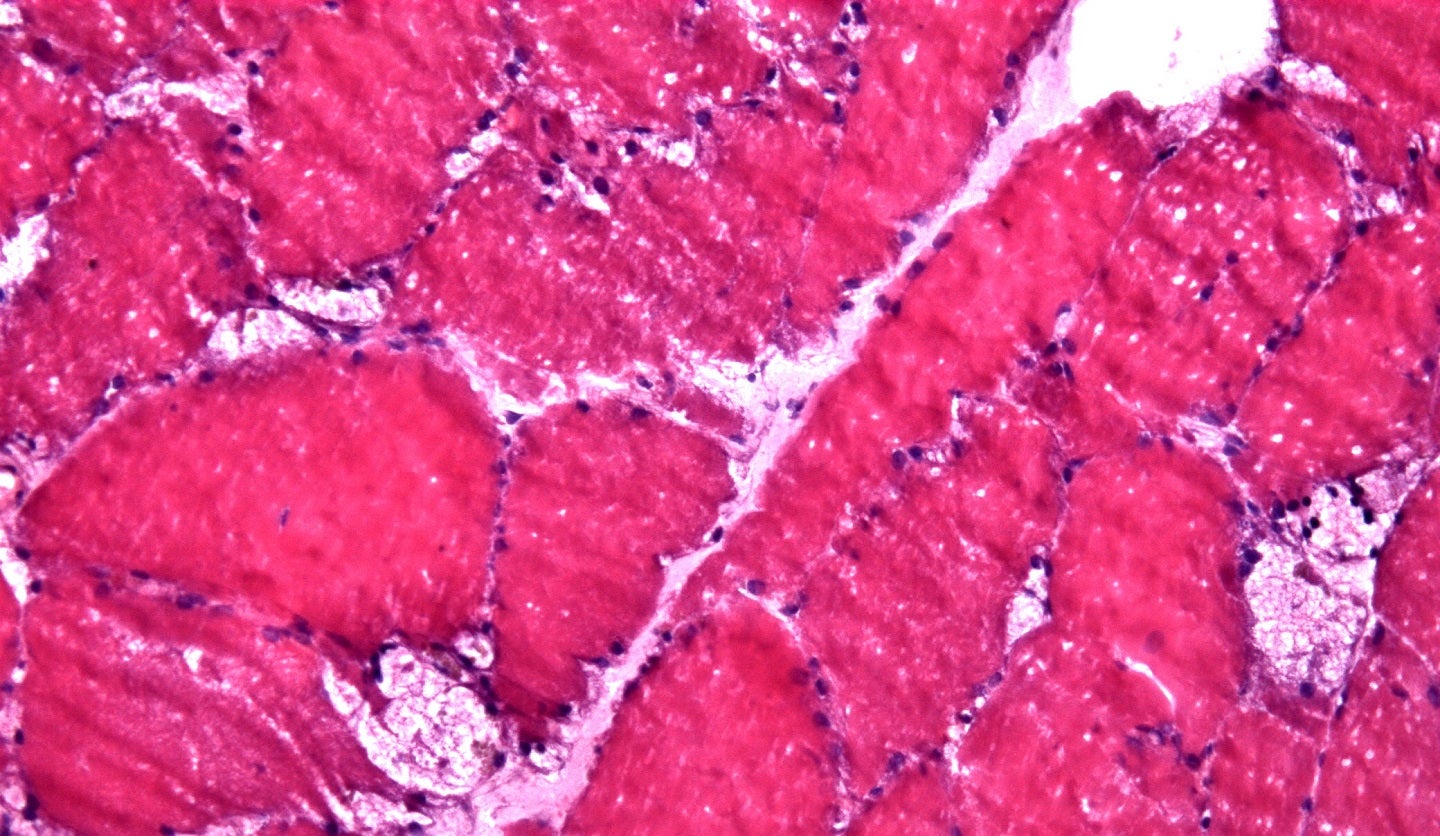
Maze Therapeutics has reported positive data from its Phase I clinical trial of oral glycogen synthase (GYS1) inhibitor MZE001 in healthy volunteers as a potential oral treatment for Pompe disease.
The first-in-human, placebo-controlled, double-blind, single and multiple ascending dose clinical trial assessed MZE001’s tolerability, safety, pharmacokinetics, pharmacodynamics, and food effect in healthy volunteers.

Discover B2B Marketing That Performs
Combine business intelligence and editorial excellence to reach engaged professionals across 36 leading media platforms.
In the trial, which enrolled 112 participants, MZE001 was found to be well tolerated at up to 720mg doses twice a day.
Response to the therapy was evaluated in patients using a new biomarker, peripheral blood mononuclear cell (PBMC) glycogen.
Exposure-dependent reductions were demonstrated in PBMC glycogen across dose levels ten days after administration. This confirmed target engagement with GYS1.
Maze Therapeutics chief medical officer and research and development president Harold Bernstein said: “We are highly encouraged by the clinical data for MZE001, which showcases its ability to potently and selectively inhibit GYS1, the enzyme that controls glycogen production, a key driver of Pompe disease.

US Tariffs are shifting - will you react or anticipate?
Don’t let policy changes catch you off guard. Stay proactive with real-time data and expert analysis.
By GlobalData“By leveraging large sources of matched genetic and clinical data with our Compass platform, we were able to design MZE001 to address longstanding questions around safety and efficacy that previously precluded the development of a substrate reduction therapy.”
MZE001 limits disease-causing glycogen accumulation and will address Pompe disease. It is being assessed for the potential treatment of patients with this disease.
Through a mechanism that is complementary to the existing standard of care, the therapy aims to address the underlying cause of disease progression.
Maze Therapeutics CEO Jason Coloma said: “MZE001 has the potential to be the first oral therapy for Pompe disease and is intended to be used as a monotherapy option and in combination with the current standard of care to potentially treat all patients with Pompe disease.
“We are committed to the efficient execution of this programme so that we may reach patients in need as soon as possible and are finalising plans to initiate our Phase II clinical programme in patients in 2023.”
Pompe disease is a rare, inherited disorder caused due to gene coding mutations for acid alpha-glucosidase.





